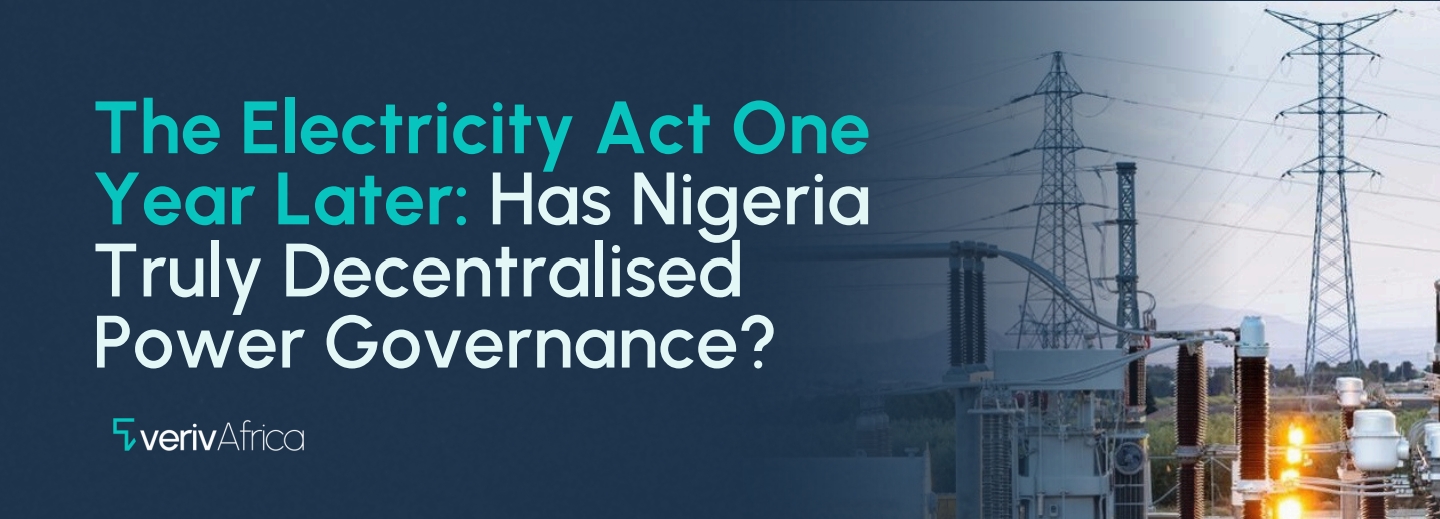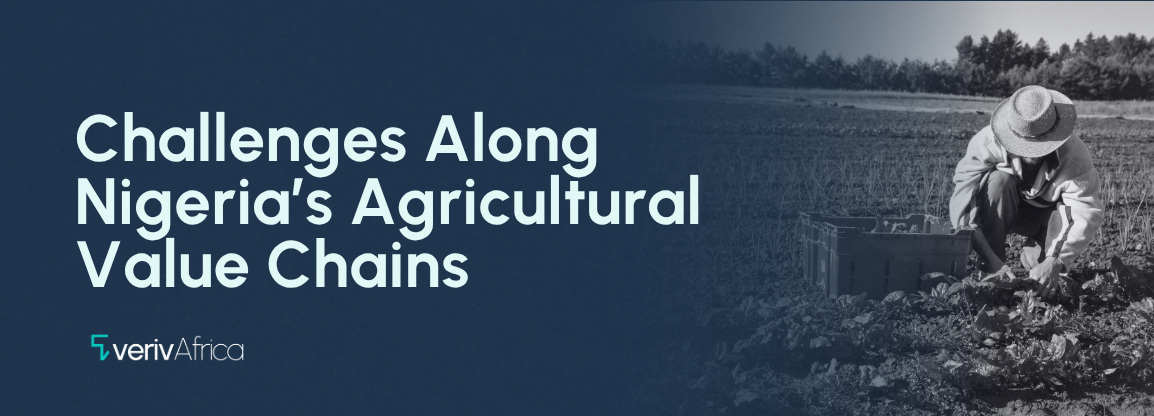On August 12, 2024, the West Africa Examination Council (WAEC) announced the release of its May/June West African Senior School Certificate Examination (WASSCE) results in Nigeria. Over 1,814,736 candidates across 25,126 secondary schools in Nigeria registered for the exams, with 1,685,889 results fully processed and released, making up 93.39% of the registered number. Meanwhile, over 119,327 (6.61%) candidates still have one or more of their subjects yet to be released. Out of these released results, 1,332,089 made five credits and above in any five subjects, which represents 73.79%, while candidates with five credits and above, including mathematics and English, a compulsory requirement for further study, stood at 1,301,941, representing 72.12%. While a 72% success rate appears fair, progress has not been made, as this figure represents a 7.69% decrease in the success rate compared to the 2023 WAEC examination results, as shown in the figure below.
Figure 1: Percentage of Candidates with 5 Credits and Above, Including Maths & English
Sources: ThisDay News
According to a report from the Federal Ministry of Education, Lagos State holds the record for the highest number of public and private secondary schools in Nigeria, which in turn feeds the highest number of candidates for the WAEC examination each year. Despite this, the state in the last 5 years has come nowhere close to the top 20 in terms of performance, as Abia, Abuja, and Adamawa continue to lead. The Lagos State government has made a significant commitment to progress in the state's education system over the last 4 years. One notable effort is investing over ₦4.2 billion in registering WAEC examinations for candidates in the state over the same period. Other efforts include setting up the Special Committee on Rehabilitation of Public Schools (SCRPS), which in the last 4 years has rehabilitated over 165 public schools, constructed 1,047 new classrooms, built several hostels across the public boarding schools in the state, and provided 1,593 beds, with an additional 372 classrooms ongoing in 31 public schools in the state.
Despite these efforts to improve the state's education system, it is unclear whether this increased education spending has translated into improved learning outcomes, judging by the state's performance in the West African Senior School Certificate Examination (WASSCE) in the last five years, as shown in the figure below.
Figure 2: Number of Candidates with five credits and Above, Including Maths & English in Lagos State (2019-2024)
Figure 2 shows that students’ WASSCE performance in Lagos State has fluctuated, with an evident downward trend from 2021 to 2024. Although data for 2022 and 2023 are unavailable for direct comparison, there is a significant decline in the number of students who achieved five credits, including English and Mathematics, between 2021 and 2024. The Lagos State government, through its Commissioner for Basic and Secondary Education, revealed that over 31,596 out of 56,134 students from public secondary schools failed the 2024 West African Senior School Certificate Examination (WASSCE), despite the state government’s substantial investment of ₦1.5 billion in the education sector. Notably, ₦1,577,794,000 was specifically allocated to cover examination fees for 58,188 eligible students under its free education initiative. This outcome has raised concerns about the effectiveness of educational spending in Nigeria’s commercial capital. Moreover, it highlights a broader issue nationwide: whether just increasing education funding will lead to improved learning outcomes.
Education Funding and Outcomes in Nigeria
The Nigerian education system continues to battle a series of deficiencies, including poor learning infrastructure, an outdated curriculum, a shortage of qualified teachers, a high student-to-teacher ratio, a lack of data and monitoring, inconsistent policies, and inadequate funding, among others. Despite these persistent issues, budgetary allocations to the education sector remain significantly below global standards, standing at 7.9% in 2023, 8.21% in 2024, and declining again to 7.08% in 2025. These figures fall far short of the 15% to 20% benchmark recommended by UNESCO for meaningful investment in education.
Between 1960 and 2023, the Nigerian government allocated an average of 5.94% of its budget to education, which is significantly low and underscores the need to increase education spending in the country. Increasing funding for education in Nigeria remains paramount. However, it needs to be done strategically to reflect on learning outcomes. For example, in Lagos State, despite a recent increase in education spending, the success rate in the West African Senior School Certificate Examination (WASSCE) continues to decline. This raises a critical question: Can increased funding alone significantly enhance learning outcomes, or must the quality and allocation of spending be equally prioritised?
Learning outcomes in Nigeria have consistently declined between 2015 and 2024. This is evidenced by the country having the highest number of out-of-school children globally and ranking among the worst in learning losses, driven by widespread insecurity, especially Boko Haram insurgency in the northeast, banditry in the northwest, and separatist activities in the southeast, all of which have repeatedly disrupted schooling. While security is not the only challenge, the education sector also faces other longstanding issues and urgently needs increased funding to address them. However, it is now glaring that simply increasing education spending may not effectively boost learning outcomes in Nigeria. Instead, there is the need to employ an evidence-based strategy such as targeted intervention programs for struggling schools (based on past WAEC records), establishing teacher performance tracking and incentive systems, early warning systems using continuous assessment data, public dashboards for education spending and school-level results, and more engagement with parents and local communities, while implementing the increase in education spending. The Lagos WAEC woes should not just spark reactions from government officials and policymakers but must drive significant reform in education spending, as the need for accountability, transparency, and innovative interventions continues to increase if progress in the education system in Nigeria is to be achieved.
Despite increased funding in the education sector, particularly in Lagos State, learning outcomes have not improved, as evidenced by the mass failure recorded in the West African Senior School Certificate Examination (WASSCE) in the state, which has raised a significant concern and also the question of the impact of increasing education spending alone on learning outcomes in Nigeria. Education spending in Nigeria has generally been poor, with the education percentage in the national budget constantly low, below the global recommendation. To achieve progress, strategies such as targeted intervention programs for struggling schools (based on past WAEC records), establishment of teacher performance tracking and incentive systems, early warning systems using continuous assessment data, public dashboards for education spending and school-level results, and more engagement with parents and local communities are highly recommended.
The mass WAEC failure in Lagos State should not only spark reactions but also serve as a wake-up call for national and subnational governments to re-strategise in implementing educational budgets and other related increased educational funding.
References
ThisDay. (2025, August 12). Breaking: Candidates’ performance reduces by 7.69% as WAEC releases 2024 WASSCE results. https://www.thisdaylive.com/index.php/2024/08/12/breaking-candidates-performance-reduces-by-7-69-as-waec-releases-2024-wassce-results/
BBC. (2024, August 8). WAEC releases May/June 2024 WASSCE results. https://www.bbc.com/pidgin/articles/c623q94we6wo#:~:text=WAEC%20release%20May%2FJune%202024,candidates%20how%20to%20check%20am&text=Di%20management%20of%20di%20West
Federal Ministry of Education. (2019). WAEC result statistics 2016–2018. https://education.gov.ng/wp-content/uploads/2019/10/WAEC_RESULTS_STATISTICS_2016-2018.pdf
National Bureau of Statistics. (2021). WAEC results statistics (2019–2021). https://www.nigerianstat.gov.ng/elibrary/read/1241213?fbclid=IwAR3Wi9f-o20ZMM0v5hg%20IE5AmLQPV6dc25vCRE88UFmYlwVawveWfNO-c-lE
Vanguard. (2025, April 2). Over 31,000 students fail 2024 WASSCE in Lagos despite N1.5bn govt funding. https://www.vanguardngr.com/2025/04/over-31000-students-fail-2024-wassce-in-lagos-despite-n1-5bn-govt-funding/
Nigerian Tribune. (2024, April 1). Lagos paid over N4.2bn to WAEC in four years — Commissioner. https://tribuneonlineng.com/lagos-paid-over-n4-2bn-to-waec-in-four-years-commissioner/#google_vignette
UNESCO. (2025). Education policies and strategies. https://www.unesco.org/en/education-policies/financing
UNICEF. (2013). Education. https://www.unicef.org/nigeria/education










